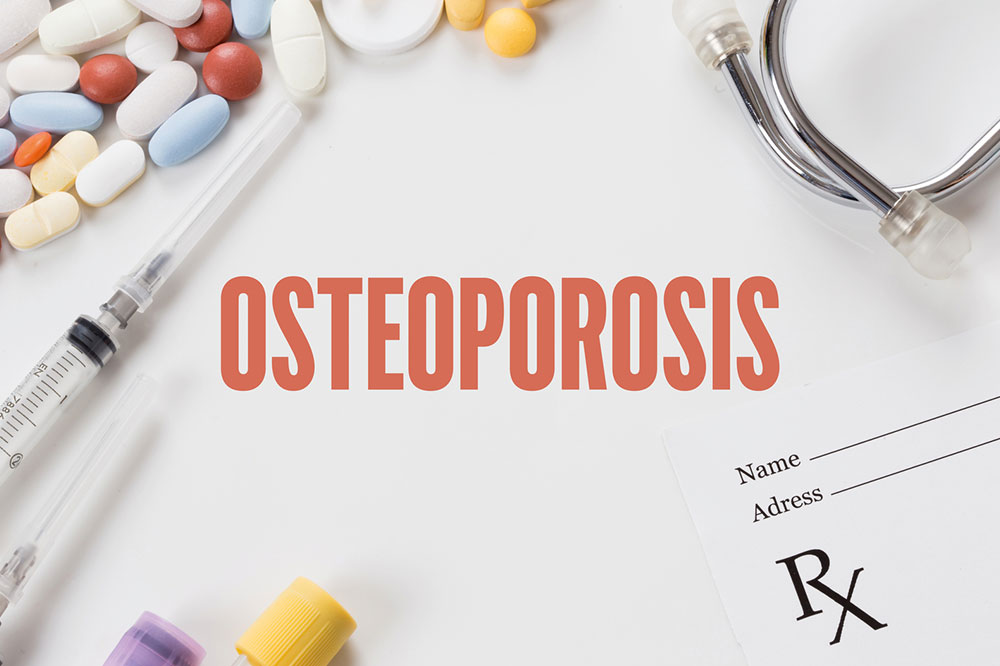
6 Main Causes of Osteoporosis
Osteoporosis is a type of bone disorder that is responsible for weakening bone density and can increase the risk of fractures. Among older people, osteoporosis is considered the number one cause of spine, pelvis, and hip fractures. Although there is a greater occurrence of the condition among women, it can also affect men. Menopause is the most common cause of osteoporosis among women.
Here are six main causes of osteoporosis.
1. Low estrogen in women
Estrogen deficiency in women is one of the main causes of osteoporosis among women. After menopause, a sudden drop in estrogen levels is observed in women, and there is an acceleration in bone loss. The risk of fracture increases with time as women grow older, and they tend to lose bones faster than bones can be replaced. Bone density can also be compromised among younger women who stop menstruating. These include girls with anorexia or athletes.
2. Lack of weight-bearing exercise
Exercise is important for the development of bones. Not exercising can reduce the calcium level in the bones, giving way to osteoporosis. The health of muscles and bones is interrelated. Thus, maintaining muscle strength is also important, as it helps in reducing the risk of falling. While the aforementioned is true, it should also be noted that women who exercise too much are also at risk of osteoporosis. This is because their periods stop due to exercising, and their estrogen levels drop.
3. Low testosterone in men
Not only women, but estrogen levels are also important in men, in addition to testosterone levels. This happens because, in men, testosterone is itself converts to estrogen that helps in maintaining the strength of bones. Therefore, it is suggested to keep testosterone levels high, and as they drop with age, the chances of osteoporosis get higher.
4. Smoking
Tobacco impacts the health of bones in men, and in women, it impacts estrogen levels. Thus, it can cause early menopause in women, and in the case of men, it can result in lower testosterone levels, leading to weaker bones.
5. Drinking regularly
Drinking alcohol has an adverse effect on bone health and bone density. Furthermore, there are greater chances of fractures due to a fall in a drunken stupor.
6. Lack of vitamin D
Vitamin D is essential for the wellness of bones, and the lack of it can result in bone loss. In addition, calcitriol, which is an active vitamin D, functions more as a hormone than it does as a vitamin. There are several benefits of vitamin D. It helps the intestines in absorbing calcium through food. Both vitamin D and calcium play an important role in ensuring that your bones are strong and dense.



